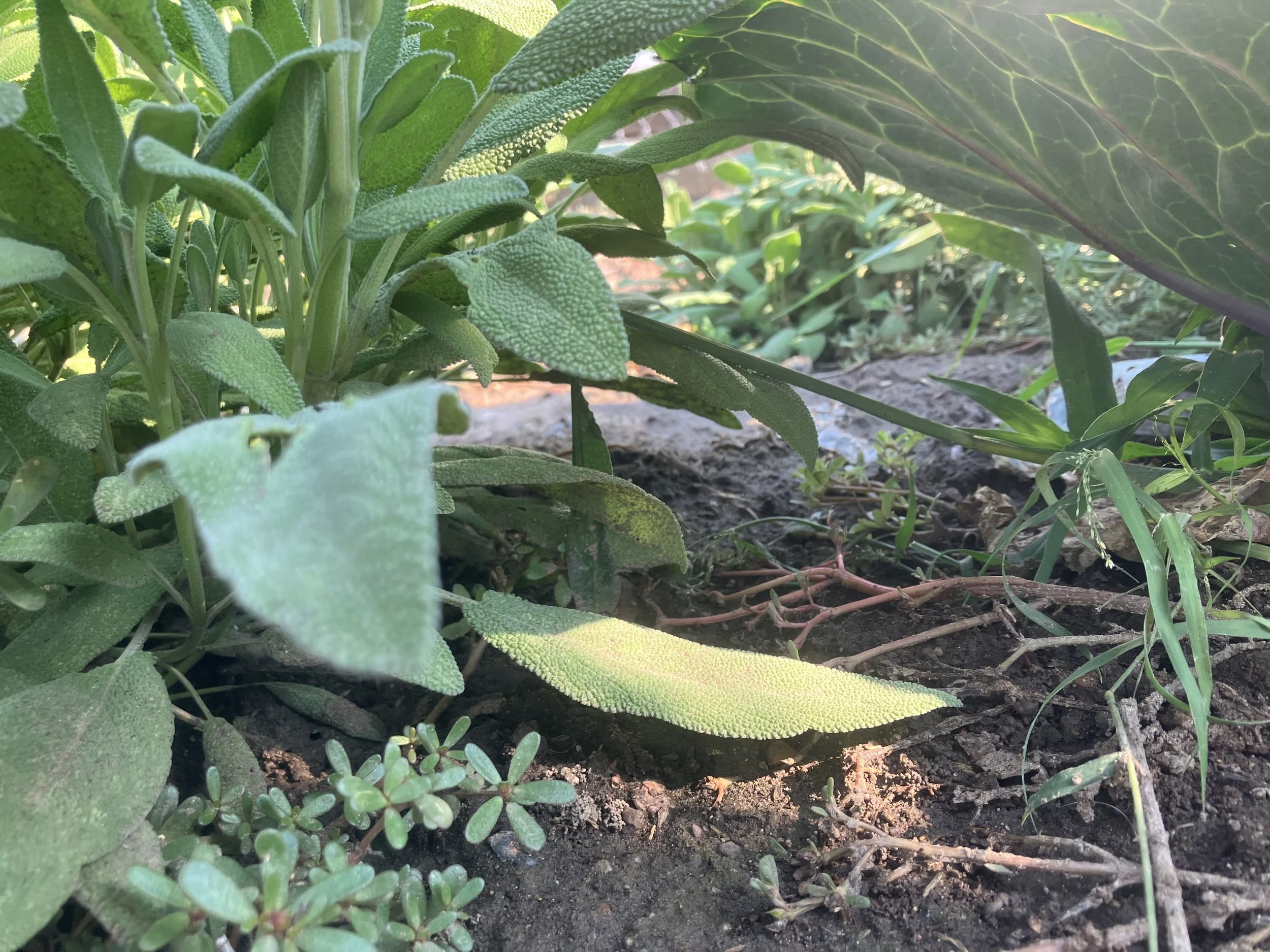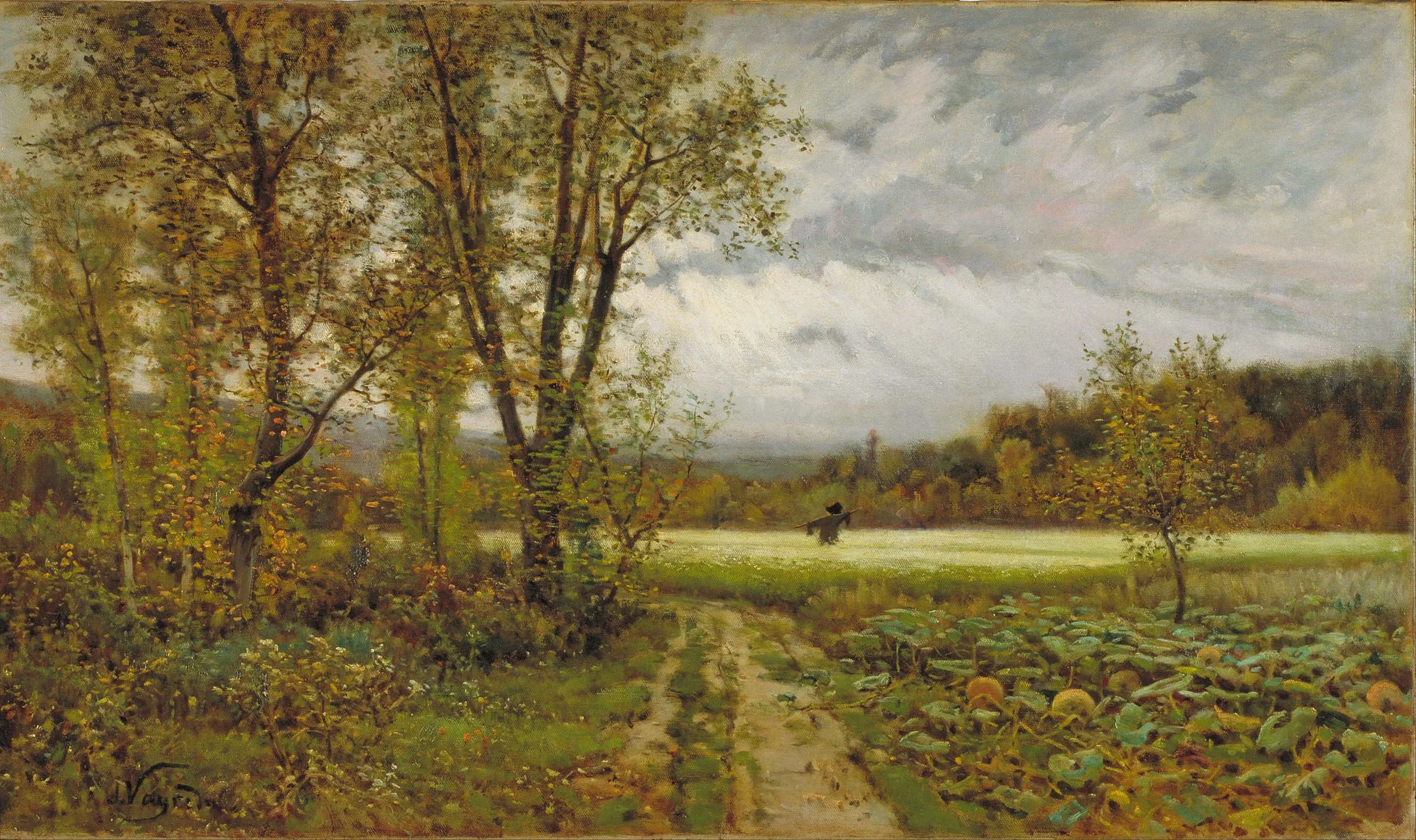A Spirit of Thankfulness
It’s that time of year again: the time when everyone is talking about being thankful. It strikes me every year that we, who live the most decadent lives of any civilization in history, have set aside only one day to be thankful for all that we have. I know why we’ve selected that one day. I do indeed know the story of the pilgrims and the “first thanksgiving.” But the point there was that they stopped everything and gave thanks to God for what they had just been given - a way to survive the harsh conditions and natural challenges of trying to eke out a new life in the wilderness. Their inclination - their reflex - was to give thanks.
We seem to have lost that reflex in general. Even our Thanksgiving Day often finds us avoiding Mom’s or Grandma’s plea for everyone around the table to say something they’re thankful for. It is indicative of our time. Using words to express emotion is considered awkward and uncomfortable. Demonstrating gratitude, even insincerely, just isn’t done.
Thinking through all of these negative cultural norms forced me to ask myself what I was thankful for. Since I usually struggle just to write the thank you notes that ought to be written, it was good for me to pause and think, especially in the midst of a particularly difficult and exhausting season of life. My children are little, my husband is busy, our bank account is small, my back and hips hurt all the time, we’re not yet living in our “forever home”…Well. Finding those things which I am not thankful for takes almost no thought at all. Ah. There’s the reflex!
I do know people who do the thankfulness exercises: they write down one thing they are thankful for every morning or evening. Apparently this breeds a happier attitude and a more cheerful spirit. I trust that’s true. I ought to try it. But then, inevitably, doesn’t it lead to a list that includes the cliche? “I’m thankful for my car so I don’t have to ride the bus to work.” “I’m thankful for pillows so my neck doesn’t hurt.” “I’m thankful for grocery stores so I don’t have to grow my own food.” Finding something everyday to be thankful for? I’ll run out quickly. (Or will I? Finding something “cliche” for my examples was impossible. Now that I’m actually thinking about it, I really am thankful for my car, my pillows - of which I use many, and definitely the grocery store.)
Okay, so in the middle of finding my own point, which I will return to momentarily, I realized that contemplating thankfulness leads directly to being thankful. Listing even those mundane things sent my brain on a rabbit trail of things I am thankful for! Without explaining the details of all the connections, those random three things made me also thankful for my physical therapist, my ability to get down on the floor and stretch with my two year old, my two year old, my in-laws, my husband, the time to bake bread, our deep freezer, CHEESE… Clearly, the list could go on and on. And now I’m thankful for this blog for making me embark on philosophical musings when I ought to be sleeping.
And here is where I think there is a difference between a habit and a reflex. Practicing the thankfulness exercise that I described above could create a habit. And that habit is a praiseworthy one, just like the habit of writing thank you notes. But possessing a thankful reflex, like the proverbial “bone in his body”, indicates something deeper in our nature. If the doctor taps your knee with his little rubber hammer and your knee doesn’t jump, that indicates to the doctor that there is something wrong with the body. If we receive good things and our hearts are not filled with thanksgiving, doesn’t that indicate a sickness in our soul? The reflex, what ought to be there, is missing. I’m not sure it can be taught - though perhaps it can be learned. I know that doesn’t seem to make sense. All I mean is that you can’t force a person to be thankful, as any parent knows. We would prefer our child say thank you without being reminded, but until the child recognizes that she would go without any good thing except for her parents’ graciousness, she won’t feel the urge to thank them. We begin by teaching them the words, but it must be the Lord that grants them a thankful spirit. So there’s a difference between habit and reflex, but the habit certainly revitalizes the reflex. Thinking regularly of one thing we’re thankful for can lead us to automatically being thankful for every little thing, for every tiny detail of our lives that brings us joy. Suddenly, we don’t even need the habit anymore. The reflex is there, the spirit of thankfulness dwells within.
Stopping everything to give thanks to the Lord for all the good things He has graciously and abundantly poured out upon us invites joy into our hearts. The Lord blesses us even as we give thanks for His blessings. Our cup exponentially runneth over. That’s cliche, I suppose. But in the midst of all of the bitterly hard things in life, we desperately need cliche truths that sharply pull us out of the difficult and exhausting seasons and drop us back into the eternal season of thankfulness.
My point? I did have one. Oh yes. Be thankful! “Rejoice always, pray without ceasing, in everything give thanks, for this is the will of God for you in Christ Jesus.” In the Lord’s Prayer, we pray “Thy will be done, on earth as it is in heaven.” And St. Paul tells us that it is the Lord’s will that we rejoice, pray, and give thanks. Thanksgiving, so close to the end of the church year and the beginning of Advent, is the perfect time to remember that God’s will for us is not that we hurt and suffer and toil. We do those things, yes, but God wills that we rejoice, pray, and give thanks in everything, knowing that doing those things will bring us joy and peace. Perhaps, instead of listing one thing at the dinner table this year, we need to initiate the “rabbit trail” of thankfulness: List one thing and then list the ten other things which that one thing made you remember. And yes, you can begin with, “I’m thankful for pie.”
Observing Advent 2023
Recent Posts















Katie is joined in this episode by three lovely ladies who all homeschool their children following the educational philosophy depicted by Charlotte Mason and embodied by the Ambleside Online curriculum. They share a wealth of wisdom, experience, reassurance, and an introduction to what this life of learning looks like. This conversation encompasses even more than homeschooling ideas, though. They dive into what education really is and they touch on many of the foundational ideas and principles of a true life of learning. Enjoy!